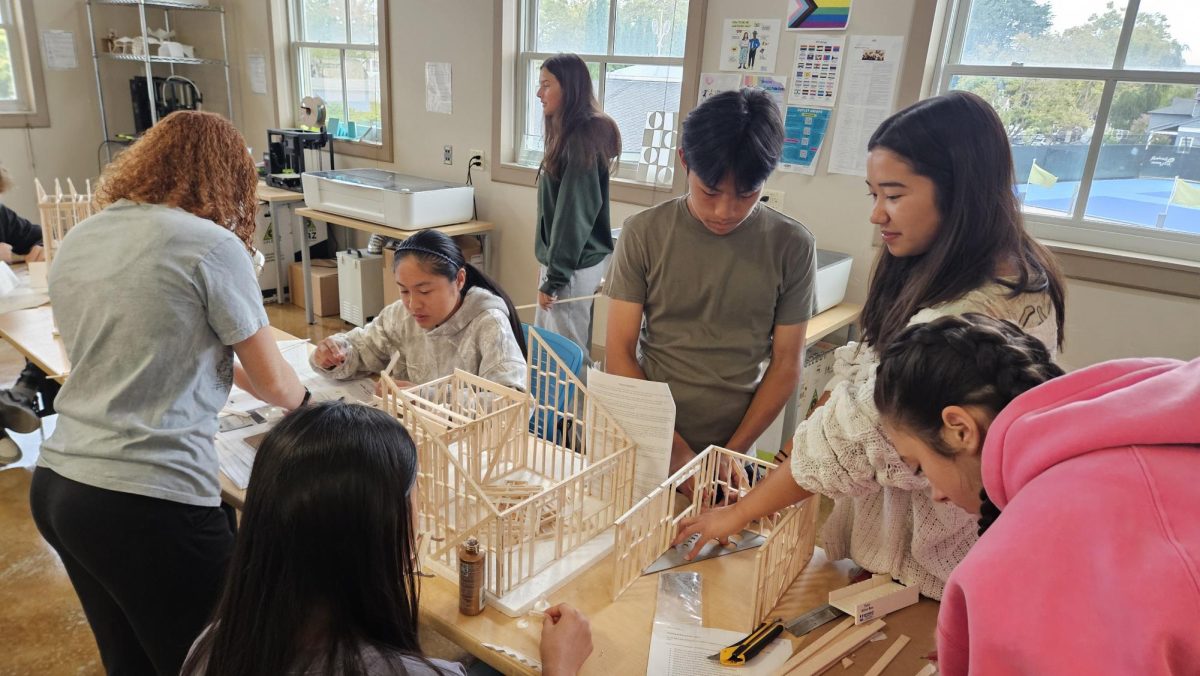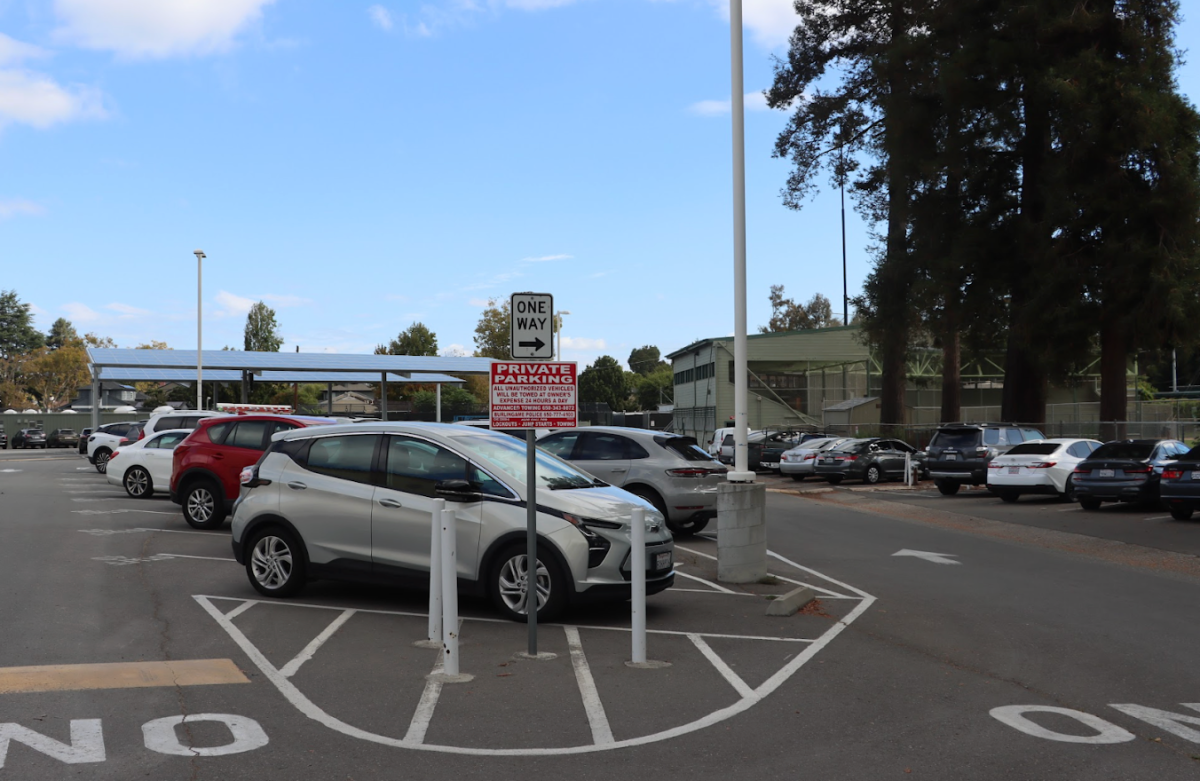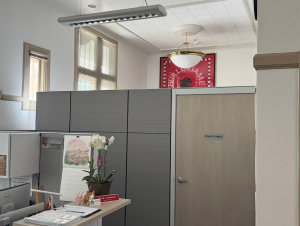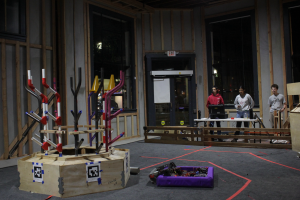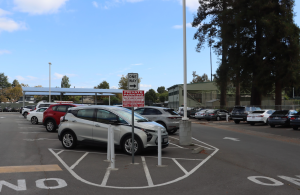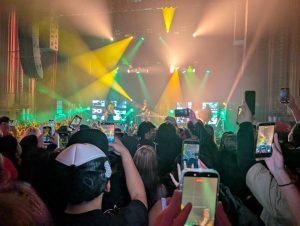Lessons to take away from living through a pandemic
Living through a pandemic is challenging, to say the least, but we should remember to learn from our experiences.
April 30, 2020
Living through a pandemic tests the integrity of governments and citizens. Some countries have responded skillfully and minimized the impact of the virus. Some countries have not. Likewise, some citizens have acted with mindfulness and compassion, while others seem to not take the pandemic seriously. Considering the wide range of reactions to COVID-19, here are some lessons we should take away from the pandemic, both as individuals and as a society.
- Acting when a problem seems small is the key to solving it. The U.S. was slow to act; South Korea “tested more than 66,000 people within a week … the U.S. took roughly three weeks to complete that many tests” (Vox). As it turns out, ignoring a problem doesn’t make it go away. Additionally, acting early isn’t overreacting; it’s anticipating, being smart and protecting people. We cannot only act when we can see the effects of something. This mindset can be applied to countless other situations, one of the most important ones being climate change.
- The pandemic has accidently turned all of us into friends of the environment. In the future, we should remember the impact our temporary lifestyle had on the environment. According to the San Francisco Chronicle, there has been a 26% drop in carbon emissions since the shelter-in-place instructions were put in place. It turns out that working from home and holding Zoom calls is a pretty effective way of working. Integrating these practices after the pandemic could help us in the climate change department. Considering we are working from home, we are spending quite a bit of time with our families. Which brings us to the next point.
- We have to be mindful of the needs of others. Whether this is family or the people we see at the grocery store (from at least six feet away, of course). The crisis has brought out the worst in some people. Panic buying has become common, causing shortages and preventing healthcare workers from having their necessary supply of face masks. In keeping with the theme of being selfless, our new Credit/No Credit grading system seems less than ideal to some, but we must also think of underprivileged students whose learning has been greatly disrupted by the pandemic.
- Although the introduction of the Credit/No Credit system may signal to students it’s time to slack off, we must all practice self-discipline. The lack of structure and looser grading makes it tempting to put off schoolwork, but we must remember to hold ourselves to high standards. The same may apply to those working from home. Take this as an opportunity to develop good habits which will continue to benefit you when the pandemic inevitably ends.
Although current times are difficult, it’s important to stay positive and learn from the challenges. We shall emerge from the crisis as stronger, more mindful, and as having a greater sense of empathy.







